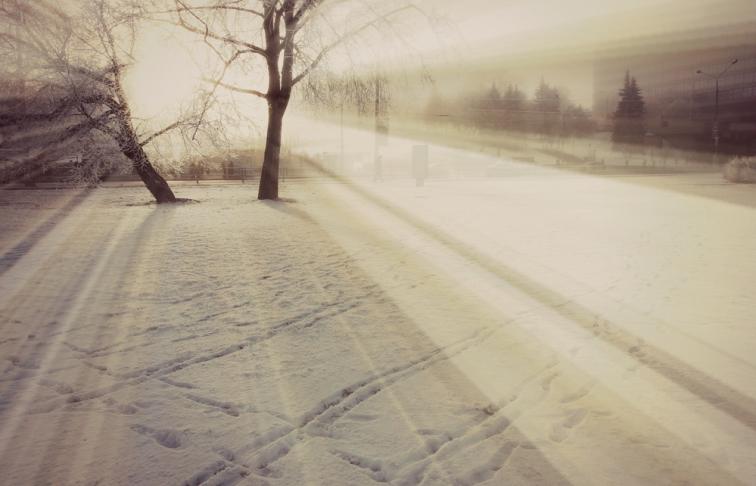How much do you really know about snow? Here are some interesting and surprising facts.
- Snow is not white. It just looks that way because visible light is white. Frozen water particles are translucent, but the sunlight's reflection gives snow its white appearance.
- Snow warms you up. Fresh, compacted snow is approximately 90 to 95 percent trapped air, so it's actually a great insulator. This is the reason why igloos, that use only body heat to warm them, can be 100 degrees warmer inside than outside.
- Snow affects sound. Freshly fallen snow absorbs sound waves, giving everything a seemingly hushed, quieter feeling. But muffling sound is not the only trick – if the snow then melts and refreezes, the ice can reflect sound waves making sound travel further and be more clear.
- Snow takes about an hour to reach the ground. Depending on an individual snowflake's mass and surface area, as well as the environment, they travel between 1-4 miles per hour. But on average they tend to float down at around 1.5 miles per hour.
- The worst snow ever recorded in the UK was in February 1933. In parts of the North, Wales and the Midlands, there were 48 hours' of continuous snowfall. Huddersfield had more than two feet of lying snow and there were 14 foot drifts on Yorkshire's moors and dales. Villages from the Midlands to the Scottish borders were completely cut off.
- The Scottish have the most words for snow. If researchers at the University of Glasgow are to be believed, the Scots language has 421 words for snow, far outstripping any other language. They believe the number and variety of words in the language demonstrate how important it was for our British ancestors to communicate about the weather, which could so easily affect their livelihoods. Here’s an example of some amazing Scots words for snow:
-
- Feefle: Snow swirling around a corner
- Flindrikin: A light snow shower
- Skelf: A large snowflake
- Sneesl: To begin to rain or snow
- Blin-drift: Drifting snow
- Snaw-broo: Melted snow
- Glush- Melting snow

